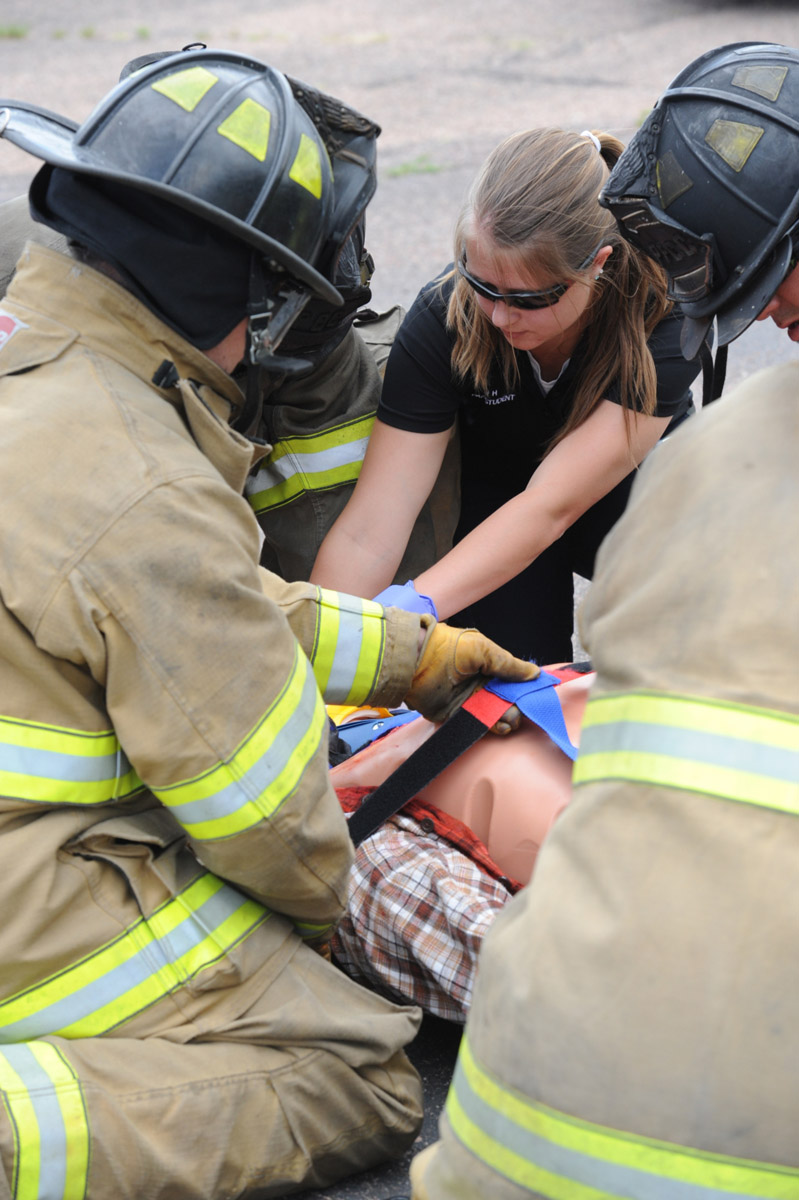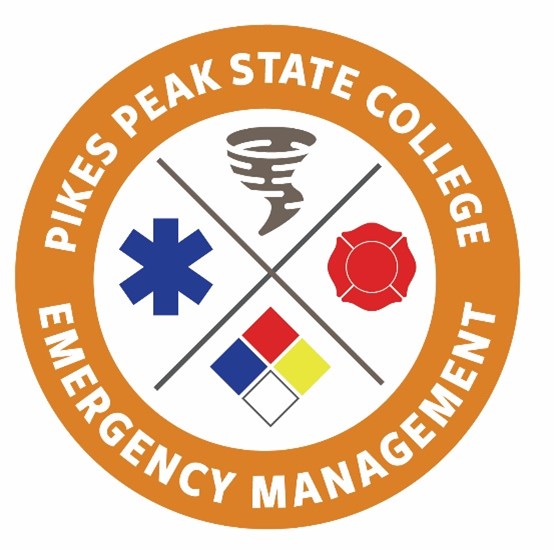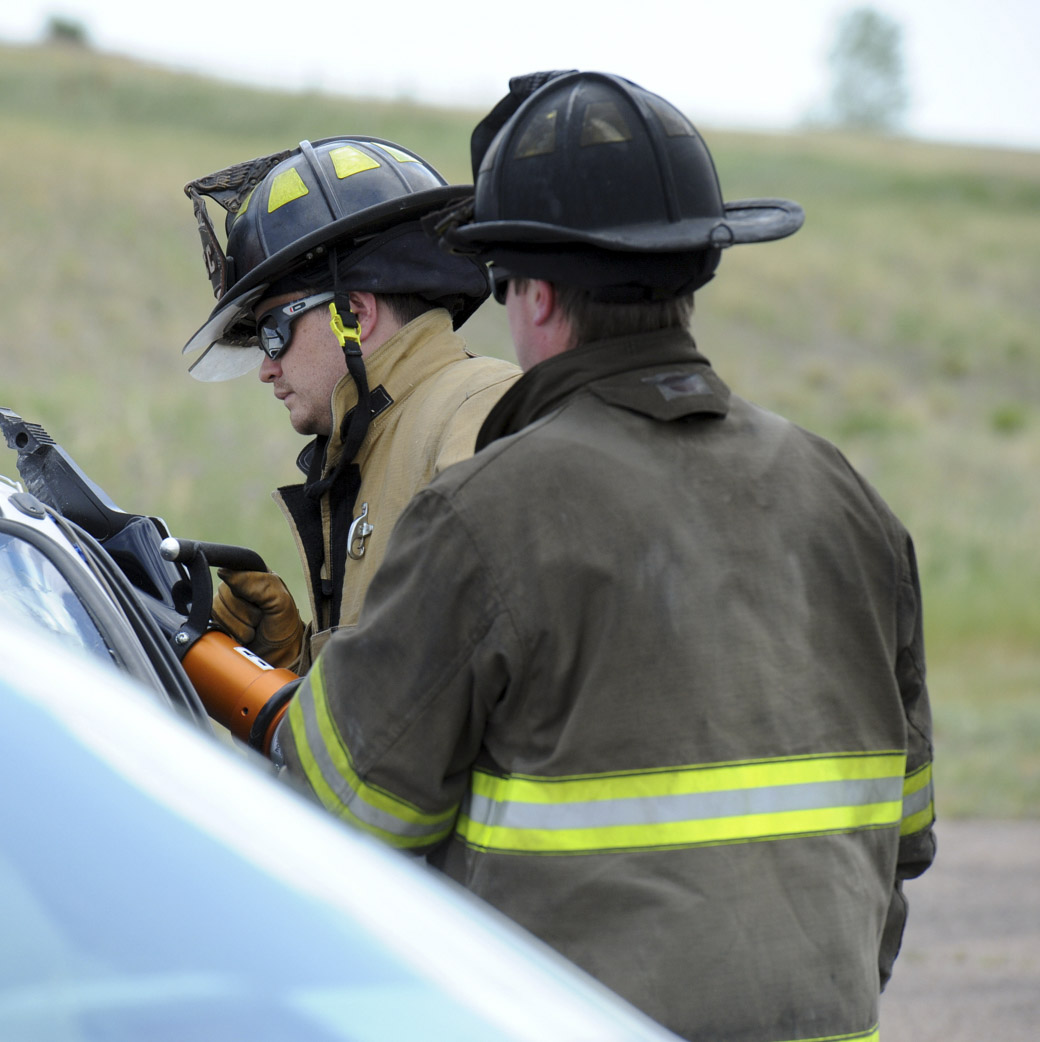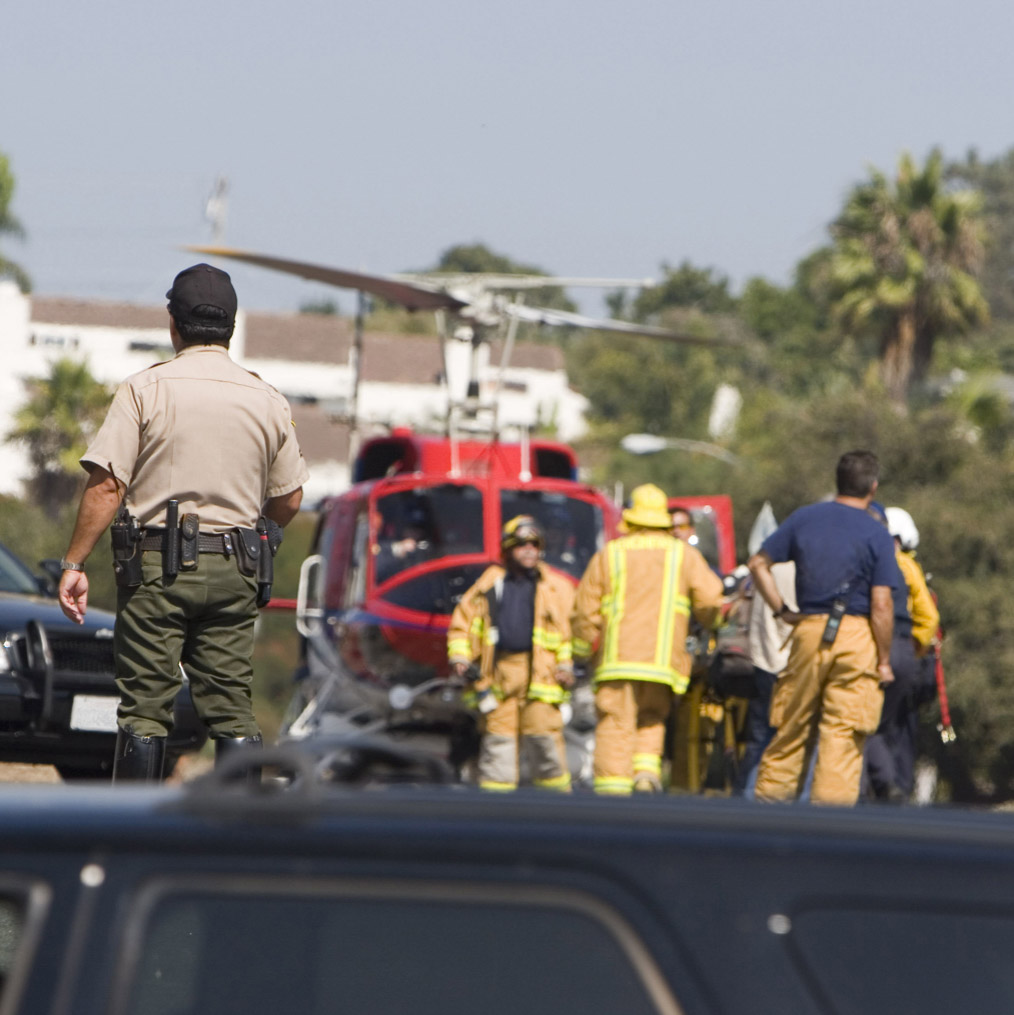
Pikes Peak State College has adopted the Standard Response Protocol. During an emergency, you may be directed to take one or more of the following actions:
Hold:
Secure:
This action may be taken to minimize exposure to a safety threat outside such as law enforcement activity, civil unrest, or a hostile human threat in the vicinity of campus.Lockdown:
This action may be taken in the event of an imminent threat inside or outside of the building.
Evacuate:
All building occupants are required to evacuate a building when a fire alarm sounds and/or when directed to do so by PPSC officials.
Shelter:


Emergencies and disasters can happen anywhere, and at any time. They have the potential to disrupt both personal lives and college operations. Planning and preparation are the keys to successfully dealing with, and recovering from, any natural disaster or human-caused emergency incident.


Peak Alerts via El Paso – Teller County 9-1-1 Authority
Ready.gov
READYColorado
https://dhsem.colorado.gov/info-center/readycolorado
Pikes Peak Regional Office of Emergency Management
El Paso County Sheriff’s Office
https://www.epcsheriffsoffice.com/services/fire-information
Information about wildfire mitigation, emergency preparation, evacuation, etc.